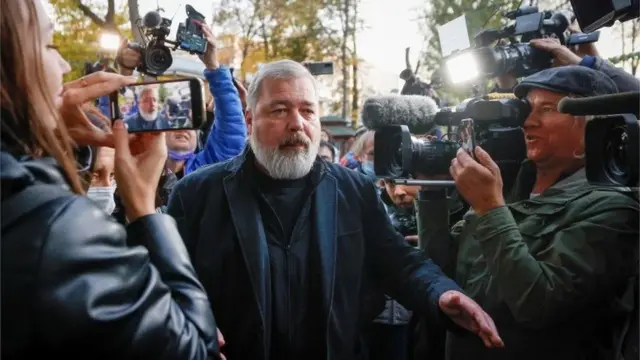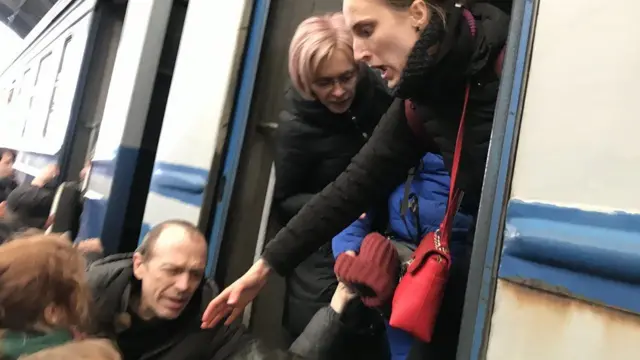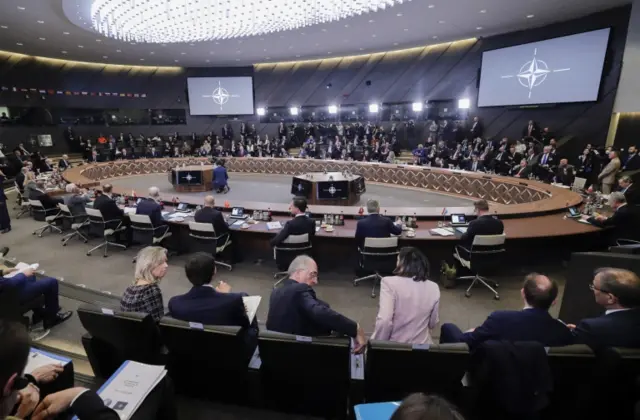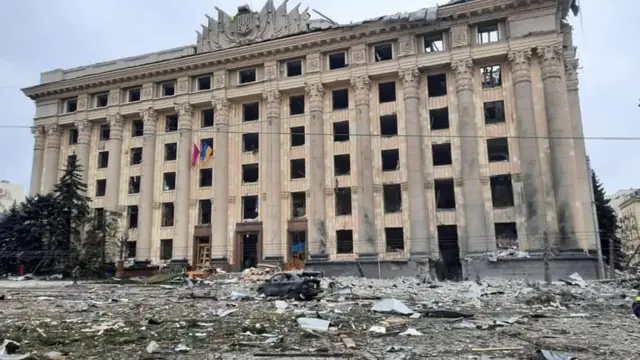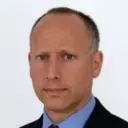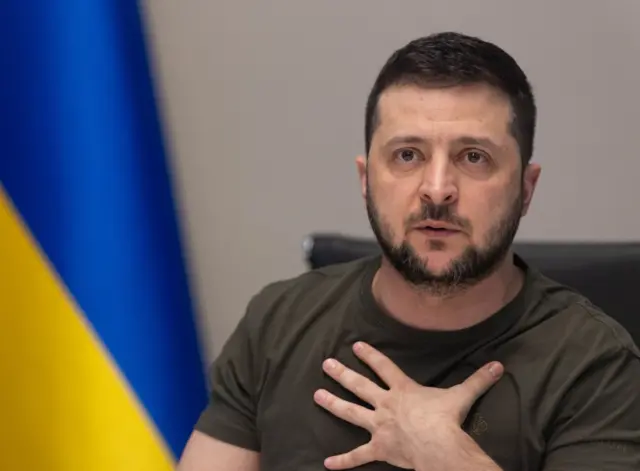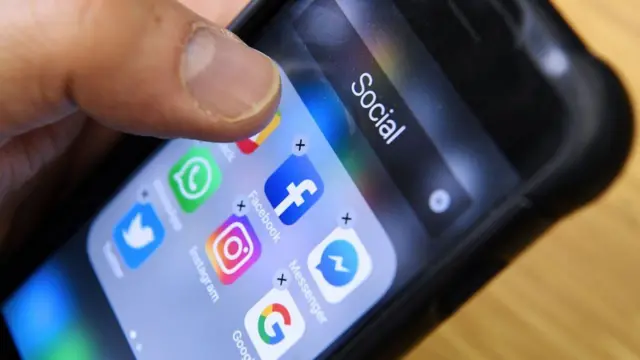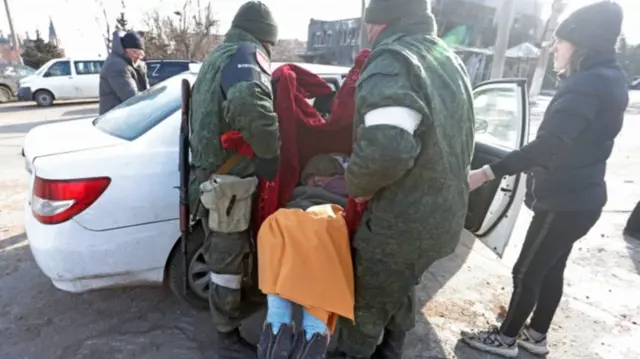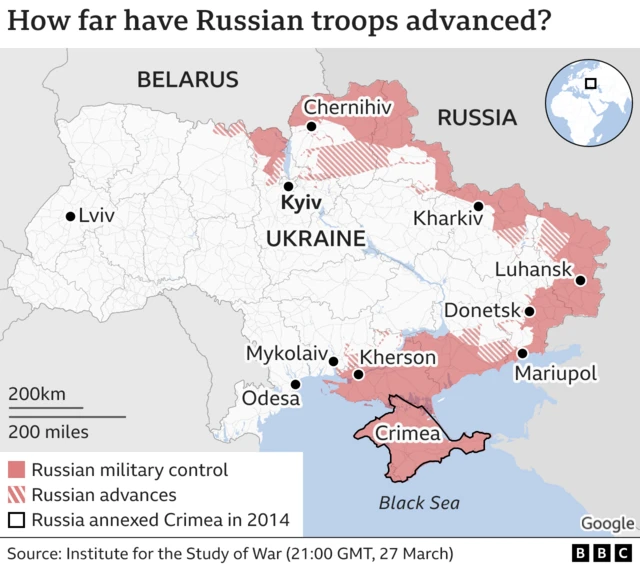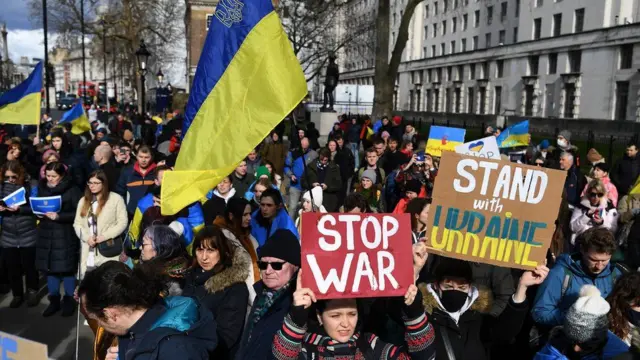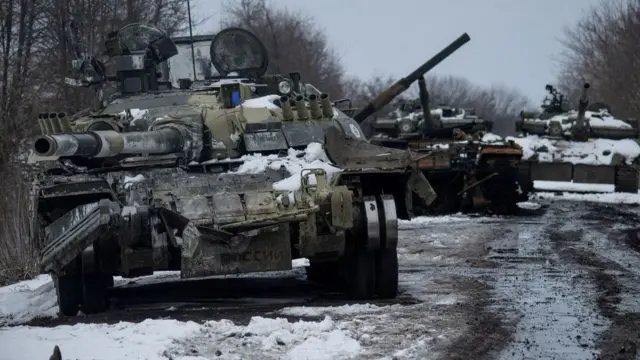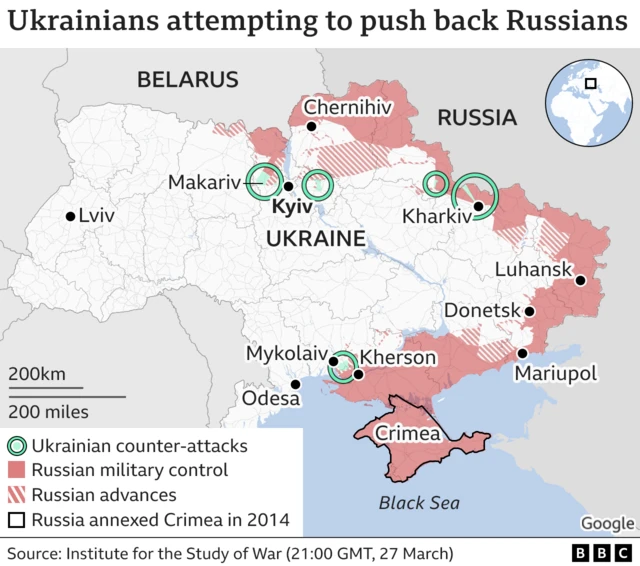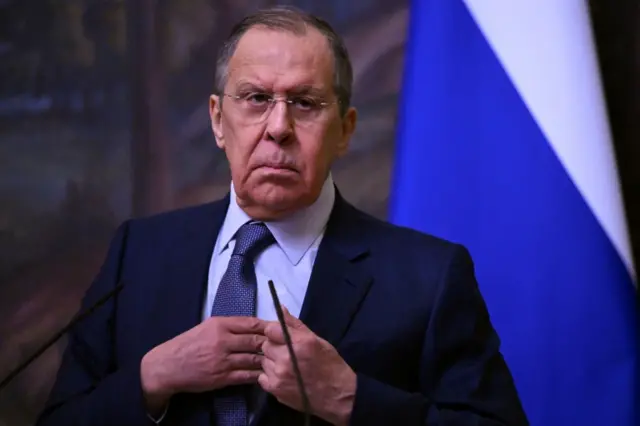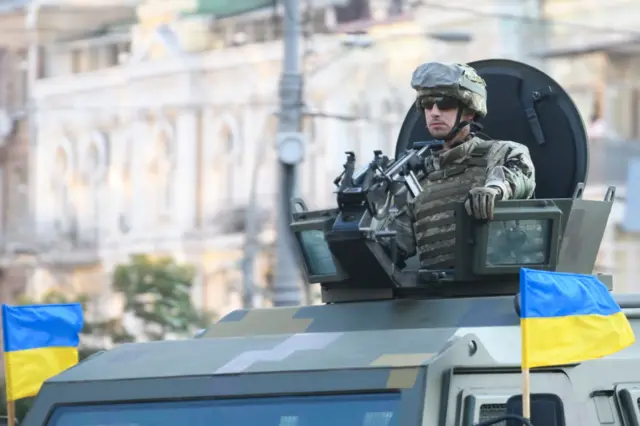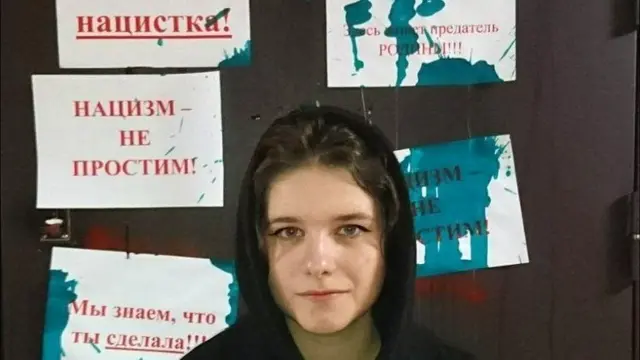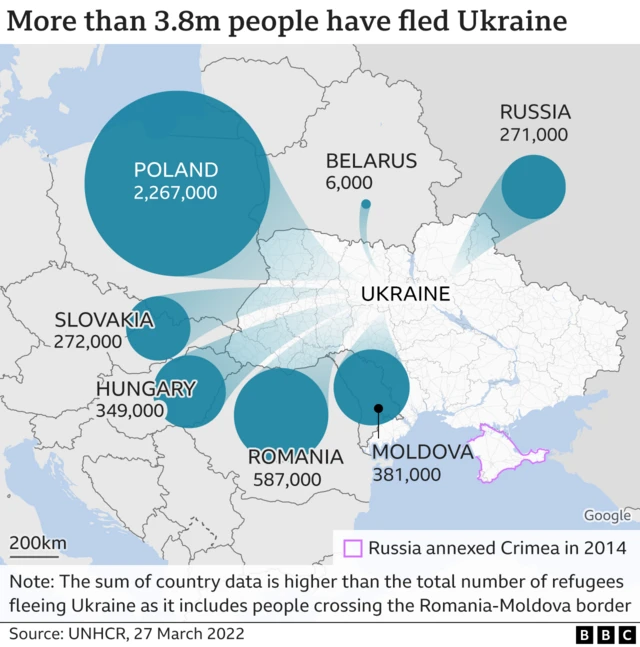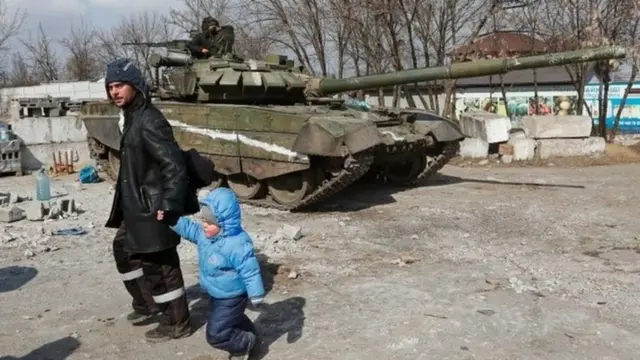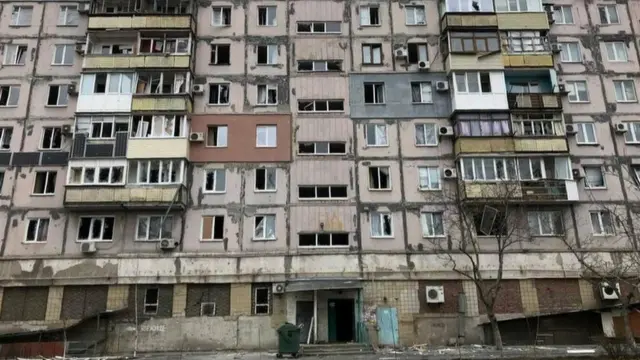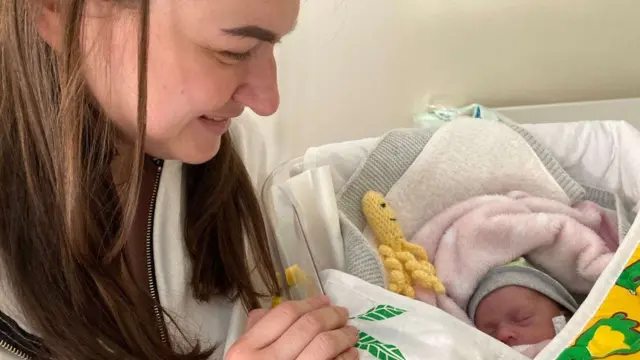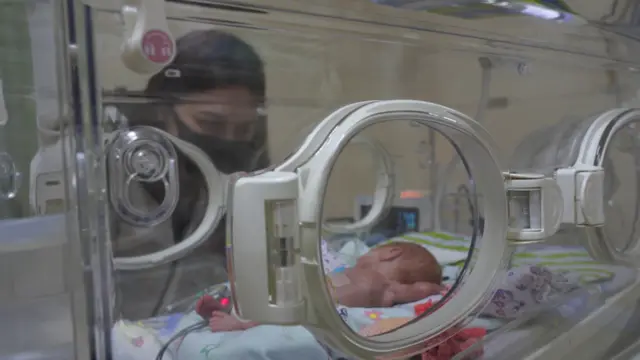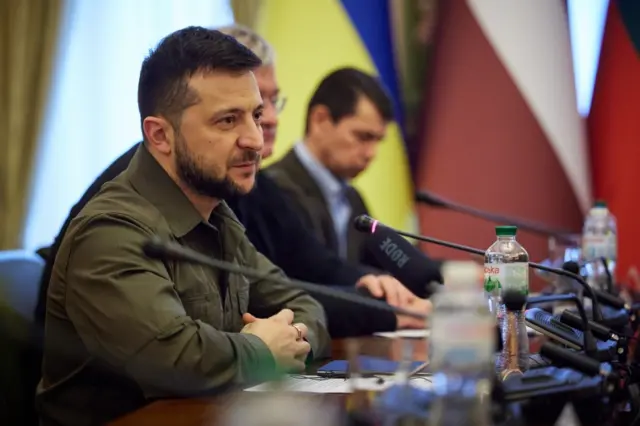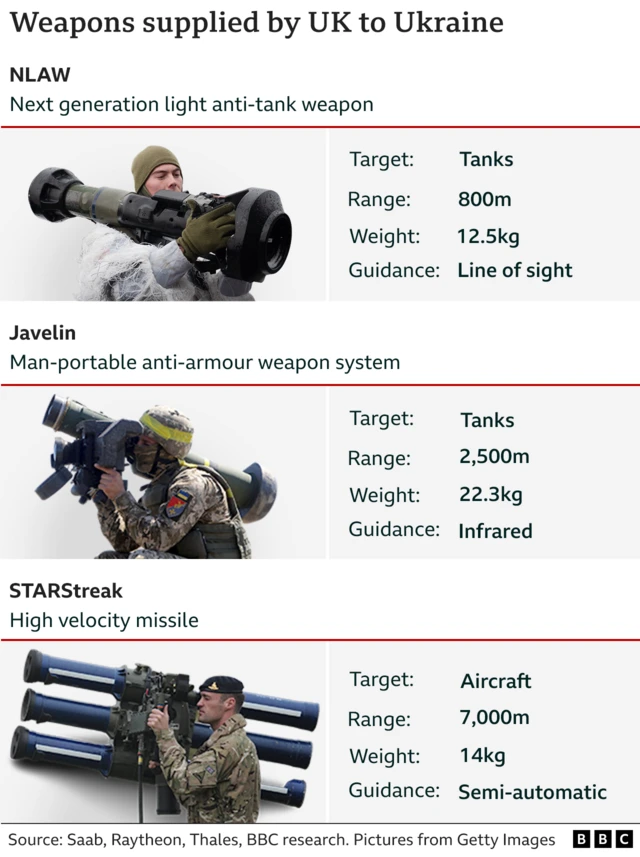Ukraine not willing to give up any territory - Zelensky adviserpublished at 14:27 BST 28 March 2022
A senior adviser to Ukrainian President Volodymyr Zelensky has told BBC Radio 4's World at One programme that Ukraine is not "willing to give up any territory".
Speaking on the eve of further talks between Russia and Ukraine, Alexander Rodnyansky said "now the pressure is on Russia".
"Clearly, they cannot sustain this war for years and their morale is so low they can't even keep up their supplies and logistics," he said.
Mr Rodnyansky, who is also an assistant professor of economics at Cambridge University, said Ukraine would not sacrifice its "territorial integrity".
Quote Message"If you ask the people who live in these areas, they wouldn't want to live in Russia. How can we leave them? Let alone the whole idea of slicing up our country."
Alexander Rodnyansky, Senior adviser to Ukraine's Volodymyr Zelensky
He suggested a "more concrete" version of the "Budapest memorandum" - which gave Ukraine security assurances - would be necessary to achieve peace.
"The Budapest memorandum was supposed to guarantee our security in return for giving up nuclear weapons in the 90s.
"It would have to be something along those lines, where steps would be specified, which countries exactly would act in what way if your security is threatened."
But he warned that the potential involvement of Nato countries in such a pact would be a "delicate issue".
"That's why the negotiations aren't easy, because you wouldn't want to trigger Article 5, essentially, pulling all of Nato into a conflict with Russia.
"That's [what] the Nato countries don't want to happen and that's why negotiations are still ongoing."
